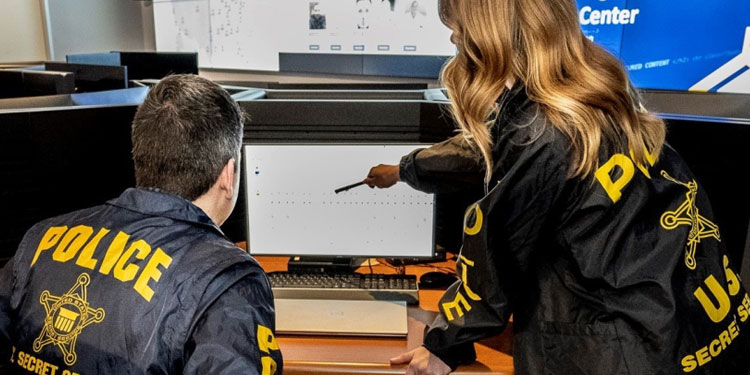
In a report to Congress, Robert Novy, the deputy assistant director at the US Secret Service Office for Investigations has stated that the legislative body should “consider additional … actions to address potential challenges” relating to “anonymity-enhanced cryptocurrencies.” Novy also underlined the need for a better regulation of blockchain tools such as mixers and tumblers, which further increase the anonymity of transactions.
During a hearing conducted by a sub-committee of the House Financial Services committee, Novy stressed the need for allocating additional powers to regulators, including his own, to overturn the powers of institutions that are trying to create hurdles to existing investigations about customer data and financial transactions.
Novy’s concerns were echoed by Greg Nevano of the Immigration and Customs Enforcement (ICE) department. Nevano expressed difficulty in tracking privacy focused cryptocurrencies, which offers suite of tools custom built to mask transactions. Robert Pittenger, North Carolina State representative, stated that the use of privacy oriented cryptocurrencies for illegal activities is “one of the greatest emerging threats” to United States Security in the foreseeable future.
Thomas Ott, the associate director of the enforcement division of FinCEN, was present in the meeting. Ott elaborated that suspicious transactions worth billions of dollars have been taking place using cryptocurrencies that offer privacy to owners.
Broadly speaking, the issue is not limited to the US. Europol (European Union Agency for Law Enforcement Cooperation) has warned that they are unable to track anonymous transactions supported by cryptocurrencies such as Monero and ZCash. Even Japan, which has shown considerable openness towards cryptocurrencies, has asked cryptocurrency exchanges to remove privacy oriented digital assets.
One of the myths about Bitcoin is that it cannot be tracked. However, Edward Snowden smashed the misconception in an interview, a few months ago. Snowden said that NSA and other security agencies definitely possess tools to link users to their Bitcoin wallet address. By default, Monero used obfuscation of senders and receivers to ensure privacy. Likewise, ZCash uses shielded addresses to mask transactions. However, Zcash allows transactions with both shielded and unshielded addresses. If a user performs transactions both with a shielded and unshielded addresses, then there is a likely chance to get tracked. In the coming months, we may get a clear idea of how the government bodies are going to manage the issue.
